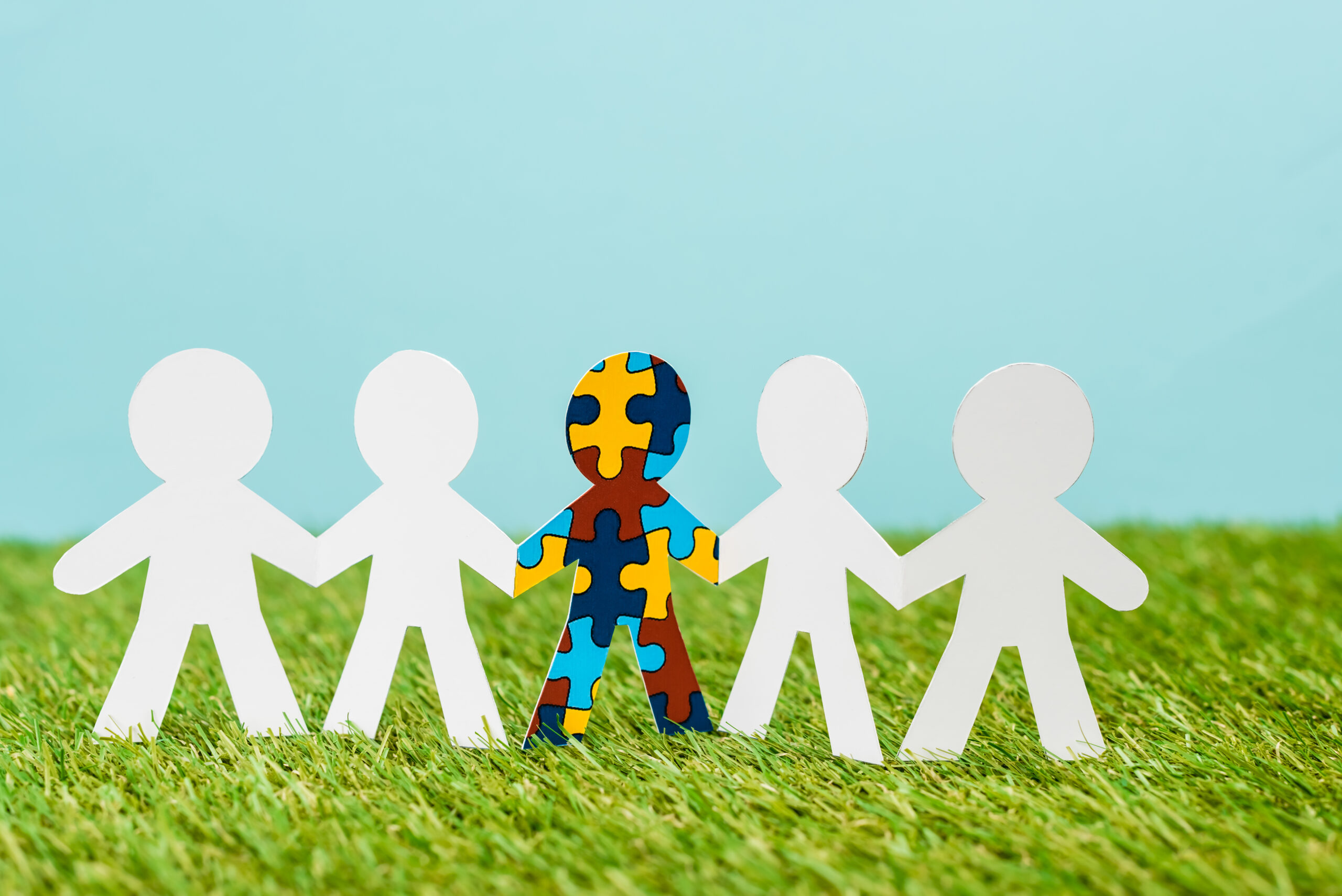What is Pervasive Developmental Disorder (PDD)?
Pervasive developmental disorder (PDD-NOS), is a condition that affects social communication and behavioral skills. It is a diagnosis that falls under the Autism Spectrum Disorder (ASD) umbrella. Individuals with PDD have some, but not all, of the characteristic symptoms of ASD. PDD affects a person’s social, communication, and behavioral skills, and can be diagnosed in both children and adults. In this article, we will discuss the common symptoms of PDD and possible treatments for managing them.
What is Pervasive Developmental Disorder (PDD)? Symptoms, Diagnosis & Treatments
Symptoms of pervasive developmental disorder
- Social communication difficulties: Individuals with PDD may have difficulty with social communication, such as maintaining eye contact, understanding social cues, and initiating or maintaining conversations.
- Repetitive behaviors or routines: Engaging in certain activities or repeating phrases in a repetitive manner is common as well.
- Sensory processing issues: It is common for individuals with PDD to have sensory processing issues, such as being hypersensitive or hyposensitive to certain stimuli, such as light, sound, touch, or taste.
- Difficulty with transitions: Transitions or changes in routine can cause anxiety or distress in individuals with PDD.
- Intense, restricted interests: Another common symptom is the intense, restricted interests in specific topics or activities, which can make it difficult to engage in other activities or develop new interests.
- Executive function deficits: Difficulty with planning, organization, and problem-solving, which can make it hard to complete tasks or navigate new situations.
- Delayed language development: Some individuals may experience delays in their language development or have difficulty with speech and language.
Possible Treatments for pervasive developmental disorder
- Applied Behavior Analysis: This type of therapy can help in learning new skills and behaviors. ABA therapy involves breaking down complex skills into smaller, more manageable steps and providing rewards or positive reinforcement for successful completion of each step.
- Speech therapy: Speech therapy can help with communication skills, including verbal and nonverbal communication. It may involve teaching individuals to use assistive technology, such as communication devices or picture cards, to help them communicate.
- Occupational therapy: Occupational therapy can help with improving sensory processing, motor skills, and ability to perform activities of daily living, such as dressing, grooming, and eating.
- Social skills training: This therapy can help with improving the ability to interact with others and navigate social situations. It can focus on a variety of skills, such as taking turns, sharing, making eye contact, and initiating conversations.
- Medications: While there are no medications specifically designed to treat PDD, some medications may be helpful in managing certain symptoms, such as anxiety, depression, or hyperactivity.
It is essential to note that there is no one-size-fits-all treatment plan for pervasive developmental disorder. The symptoms and needs of each person with the Disorder can vary widely. By providing appropriate interventions and support, we can help individuals with PDD reach their full potential and live fulfilling lives.
Conclusion
Pervasive Developmental Disorder or pervasive developmental disorder for short, falls under the Autism Spectrum Disorder (ASD) umbrella, and is no longer a separate diagnosis. Every Person with pervasive developmental disorder is unique, and the specific symptoms, challenges, and needs may vary widely. With increased awareness and understanding, we can continue to reduce stigma and promote inclusion. Parents of children with PDD may benefit from parent training and support to learn strategies for managing their child’s behaviors and promoting social and communication skills.
Also read: What is Childhood Disintegrative Disorder (CDD)?
About Olga Sirbu
My name is Olga Sirbu, I am a Board Certified Behavior Analyst (BCBA) and Licensed Applied Behavioral Analyst. My goal is to support and empower families and individuals on the autism spectrum.
Autism Advance is dedicated to training parents and caregivers, providing practical tips, and teaching individuals how to educate kids with autism.
I share evidence-based practices to help you better understand and support individuals with autism. Learn practical strategies to help individuals with autism reach their full potential, as well as gain a deeper understanding and acceptance of autism.
Thank you for considering Autism Advance as a resource for your autism journey.








